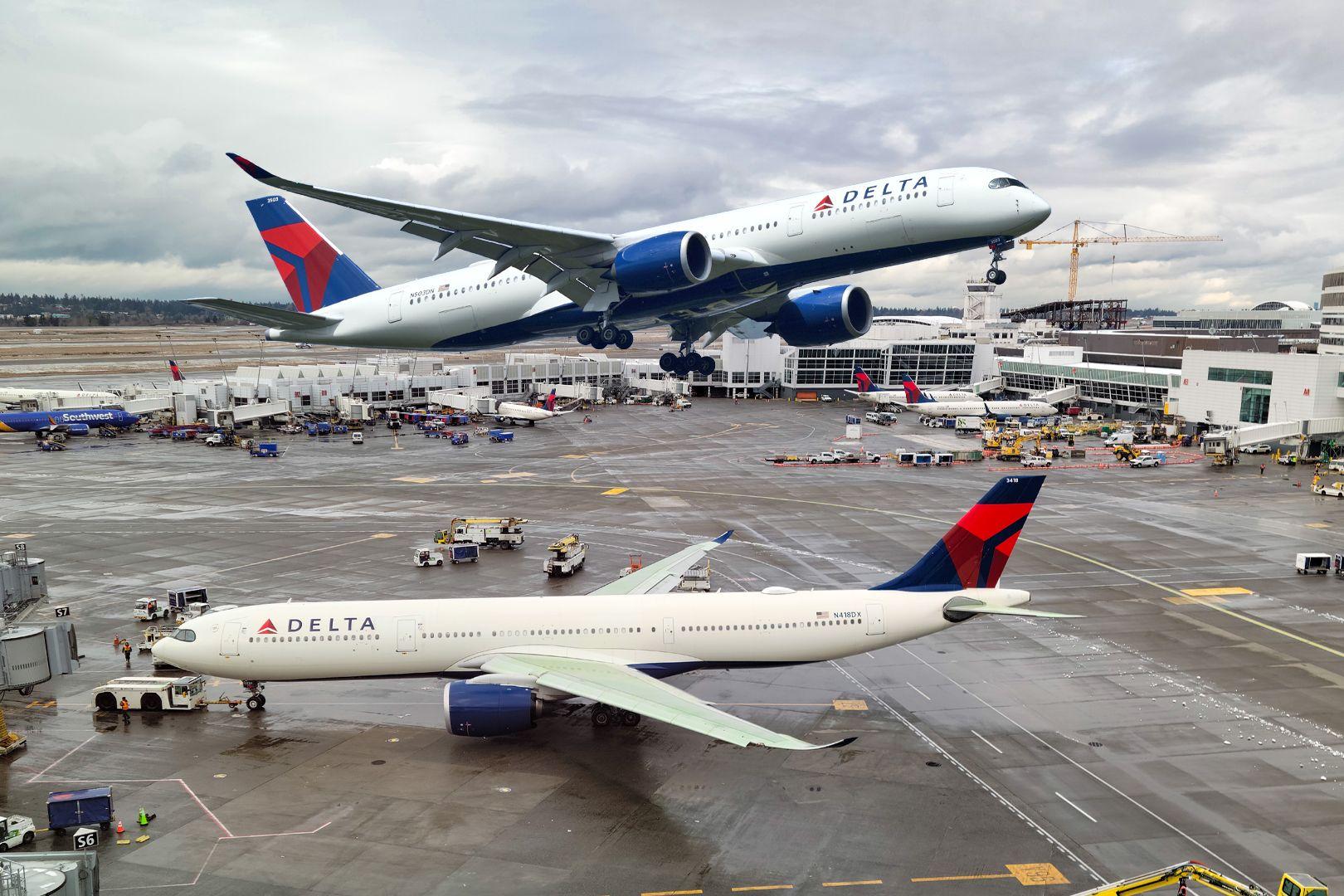
Smarter email, faster business. Auto-tag, parse, and respond to RFQs, quotes, orders, and more — instantly.
Trending Now:
Tariffs Threaten Airbus Order from Spirit Airlines
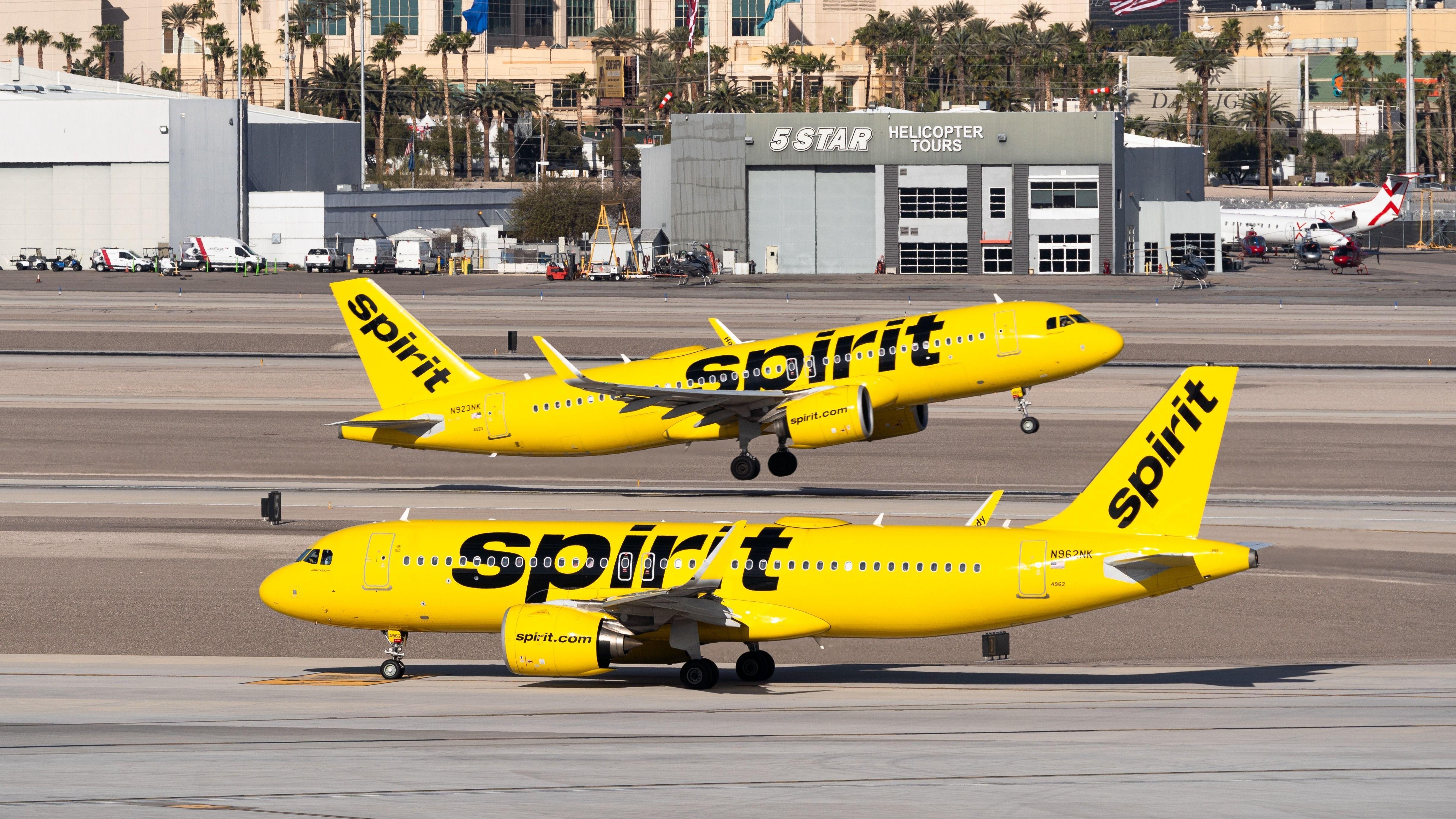
Tariffs Jeopardize Spirit Airlines’ Airbus Aircraft Orders
Spirit Airlines has raised concerns that ongoing U.S. tariffs on European Union products may imperil its planned acquisition of 52 Airbus aircraft through 2031. The order includes twenty-three A320neo and twenty-nine A321neo jets. In a recent filing with the U.S. Securities and Exchange Commission, the airline warned that these tariffs could substantially increase the cost of new Airbus planes and essential parts, potentially causing delivery delays or even cancellations.
Financial and Operational Risks Highlighted
Spirit Airlines emphasized that the tariffs could materially affect its business, financial condition, and operational results. The carrier noted that the increased costs of imported Airbus aircraft and parts necessary for fleet maintenance might compel it to postpone or cancel some deliveries and reconsider future purchases. The airline’s current purchase agreement with Airbus extends through 2031, supplemented by separate agreements with lessors for thirty-nine additional A320neo-family aircraft scheduled for delivery between 2025 and 2028. Of the more than 90 aircraft slated for delivery by 2031, four are expected to arrive in 2025. Spirit, which recently emerged from Chapter 11 bankruptcy protection, operates a fleet of 215 aircraft, including sixty-three A320-200s, ninety-one A320neos, twenty-nine A321-200s, and thirty-two A321neos.
Broader Industry Impact Amid Trade Tensions
The repercussions of U.S.-EU trade tensions are reverberating throughout the aviation sector. Other major U.S. carriers, such as Delta Air Lines and American Airlines, have publicly declared their reluctance to commit additional funds for new aircraft purchases while tariffs remain in effect. Delta has warned that these tariffs could halt new Airbus orders and necessitate the elimination of certain flights. Industry analysts suggest that airlines may respond by extending the operational lifespan of older aircraft or by leasing and acquiring planes already based domestically to circumvent cross-border duties.
International competitors are also adjusting their strategies in response to the uncertain trade environment. Vietjet, for instance, has doubled its commitments for A330neo aircraft, reflecting a shift in fleet planning amid ongoing trade disputes. The broader aerospace industry has cautioned that new U.S. tariffs risk disrupting supply chains and could potentially impact air safety, as increased costs and logistical challenges complicate the procurement of critical aircraft components.
As the trade dispute persists, Spirit Airlines and other carriers face growing uncertainty regarding their fleet expansion plans, with potential consequences extending across the global aviation industry.
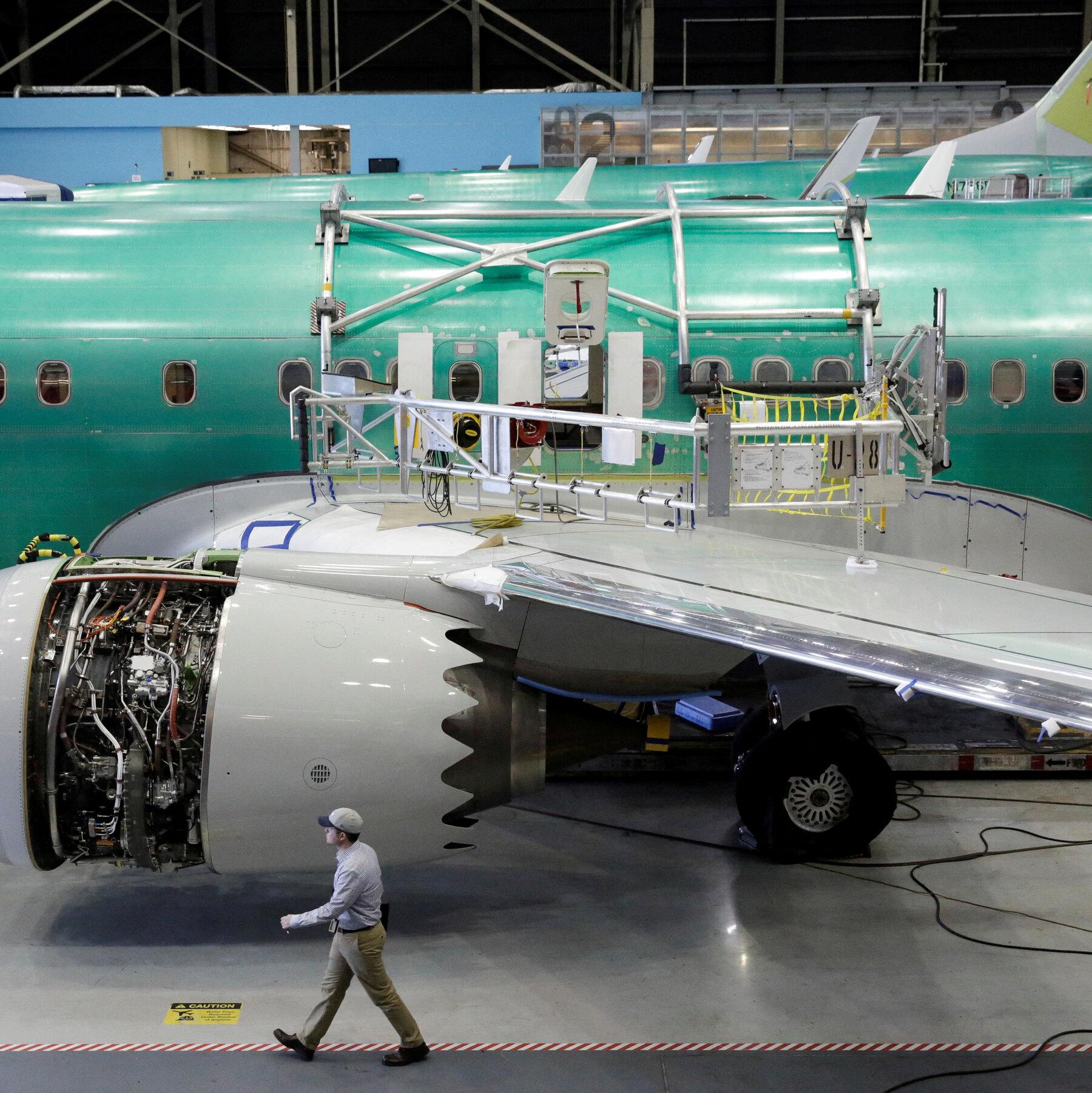
Challenges Boeing Faced After Designing the 737 MAX for Larger Engines
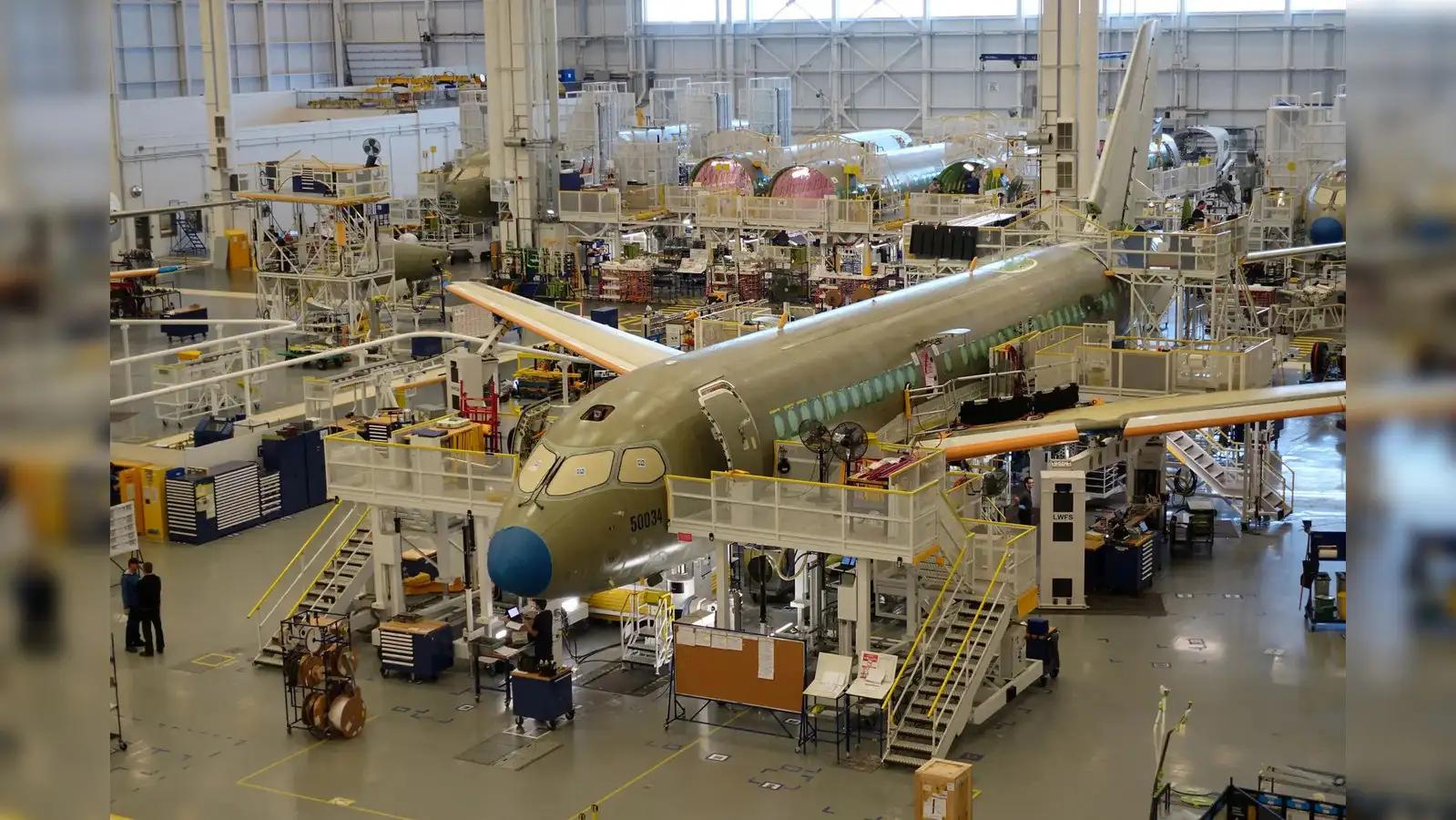
China Reportedly Preparing to Place Major Airbus Order for Up to 500 Planes
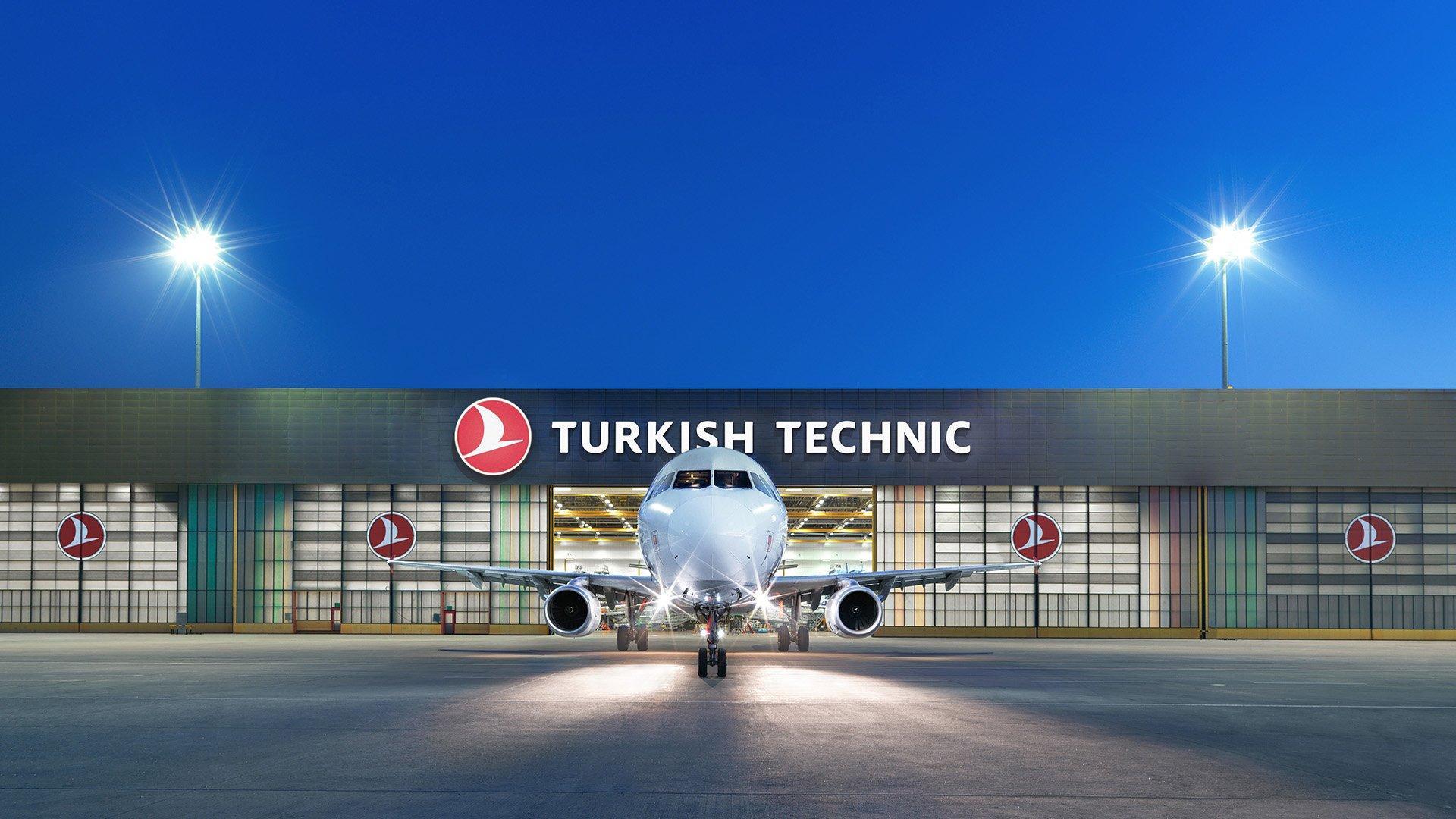
Turkish Technic and CFM Discuss Launching LEAP Engine Repair Hub in Istanbul
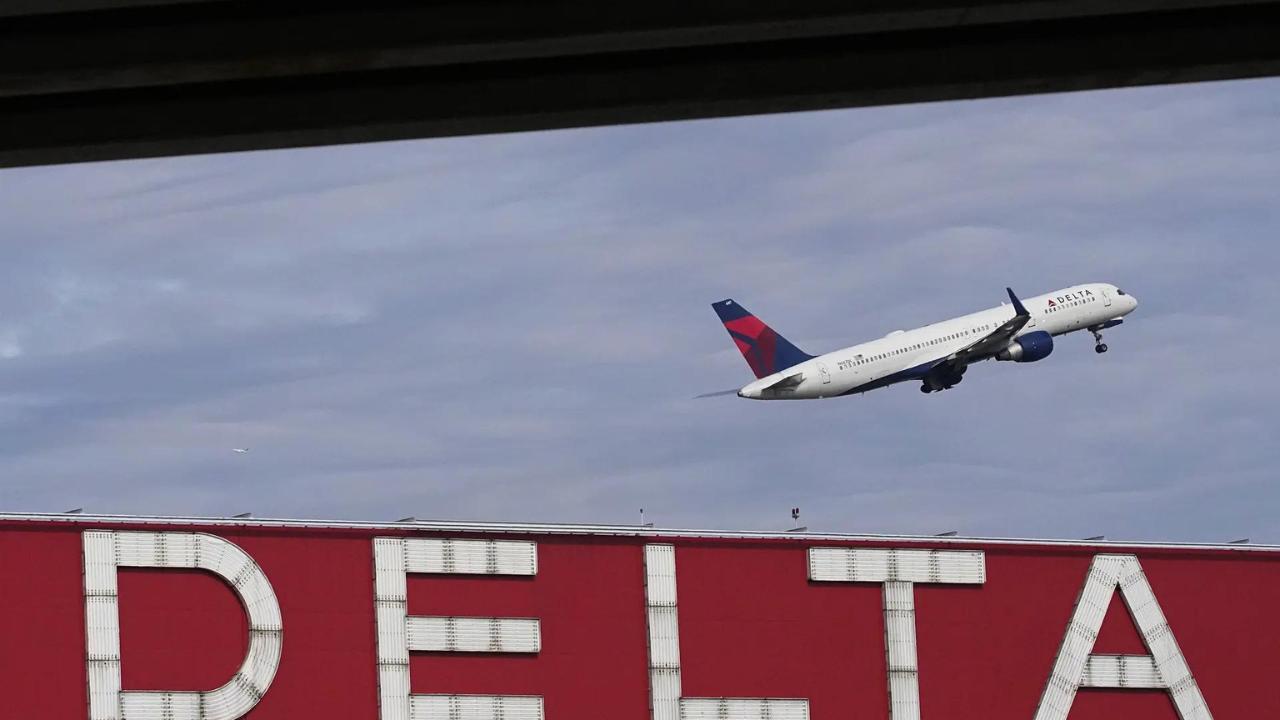
Delta Air Lines Opposes New Trump Tariffs on Aircraft Imports
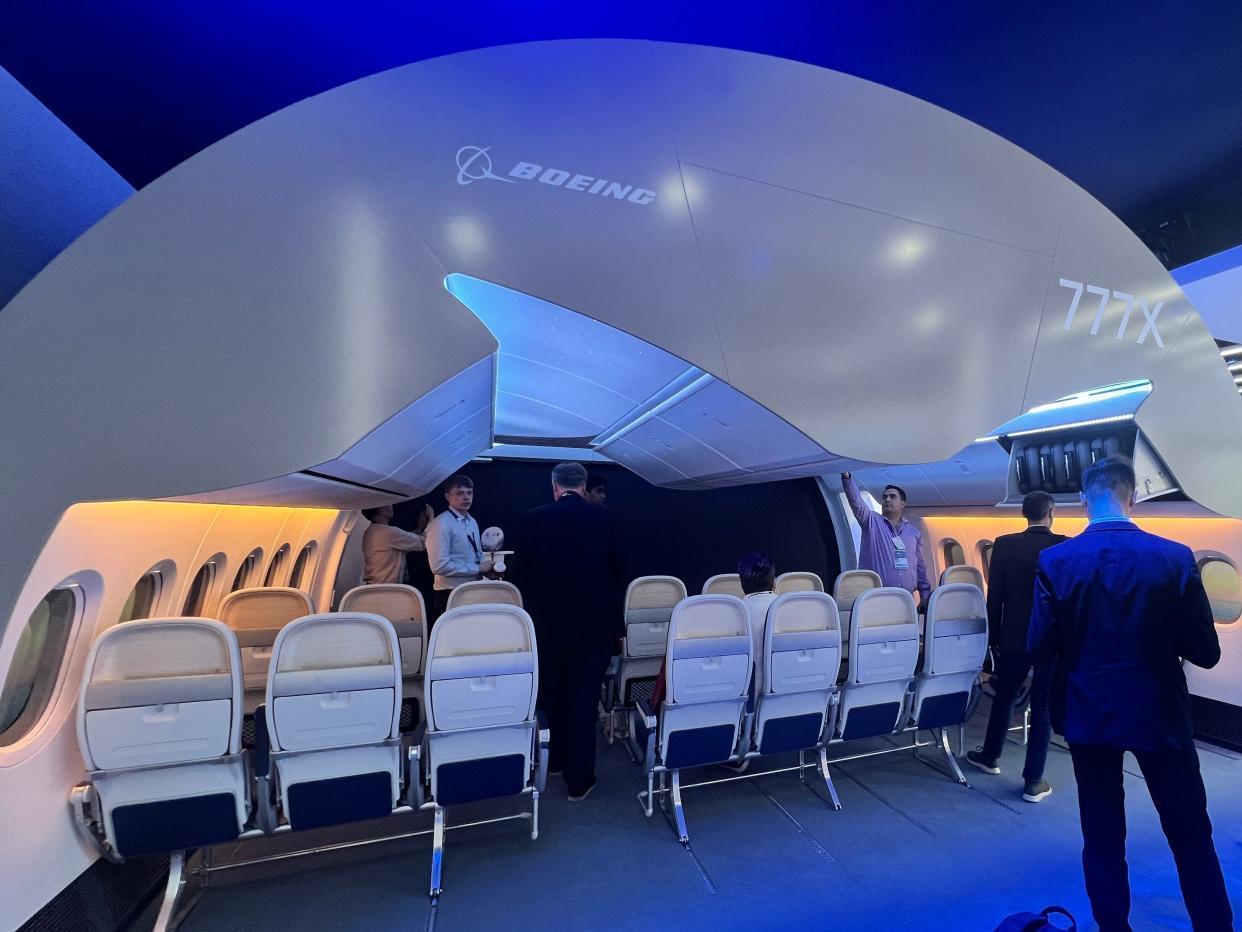
Airlines Poised to Benefit from the Boeing 777X
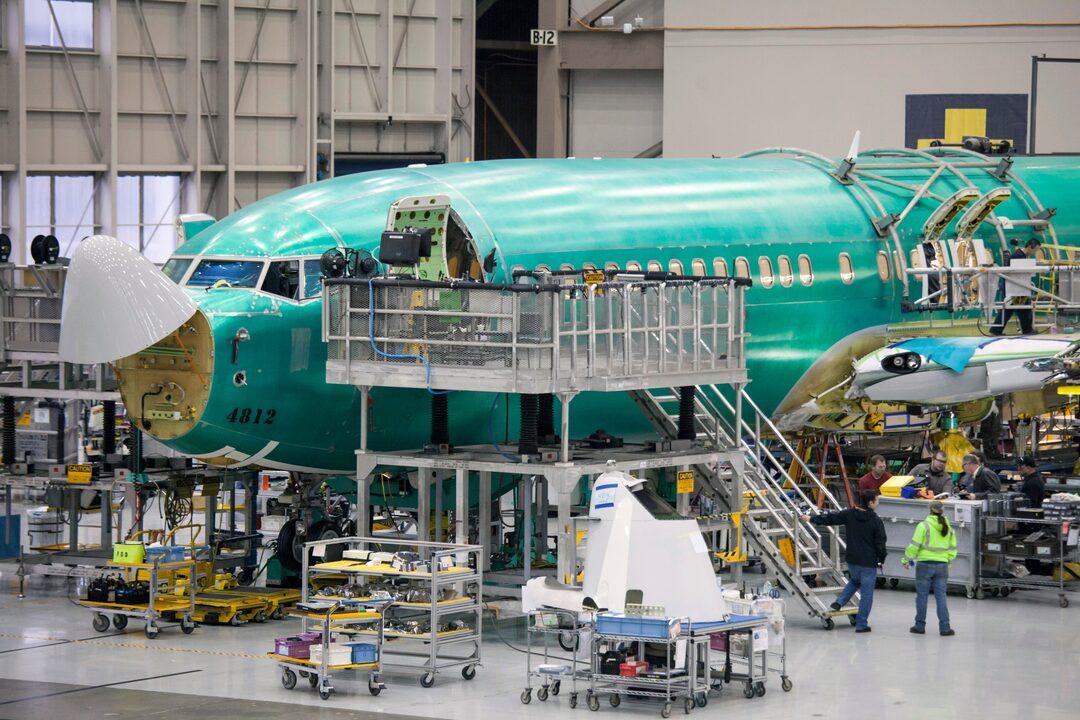
What Boeing’s Production Ramp-Up Means for Supply Chain Accounting
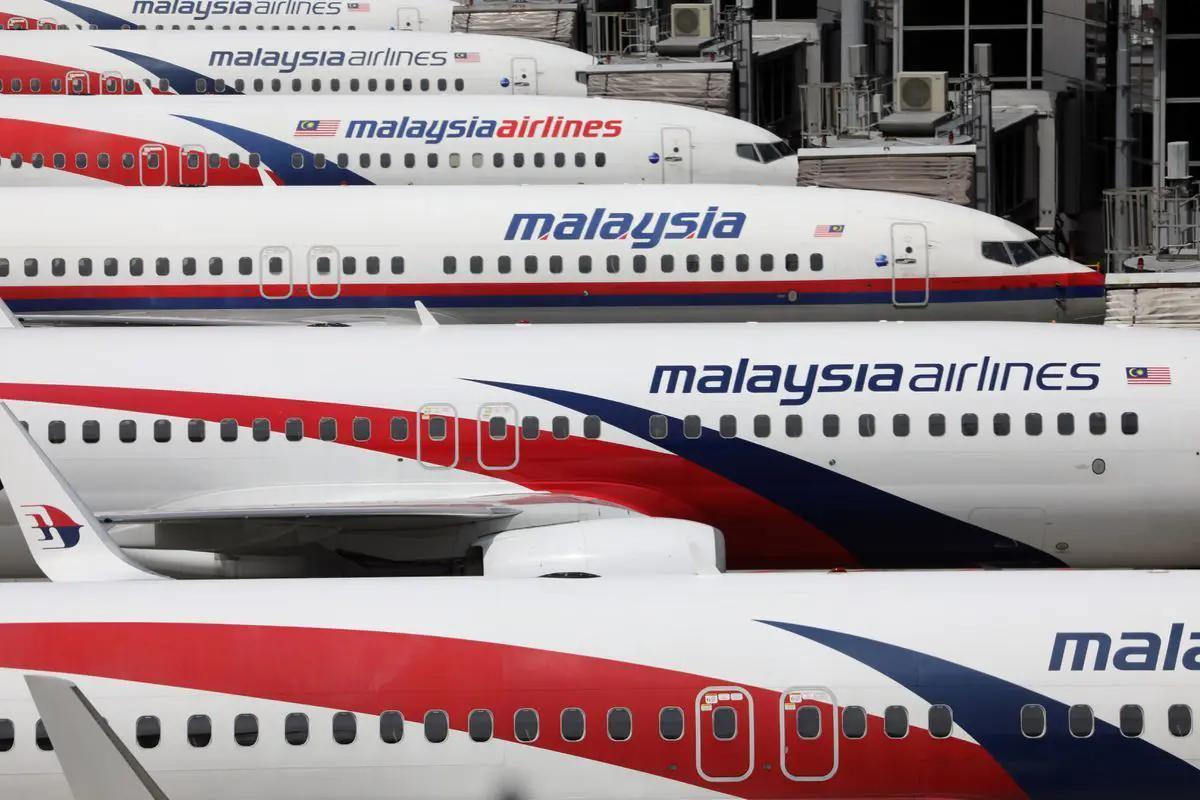
Malaysia Airlines Expands AI Partnership with Google
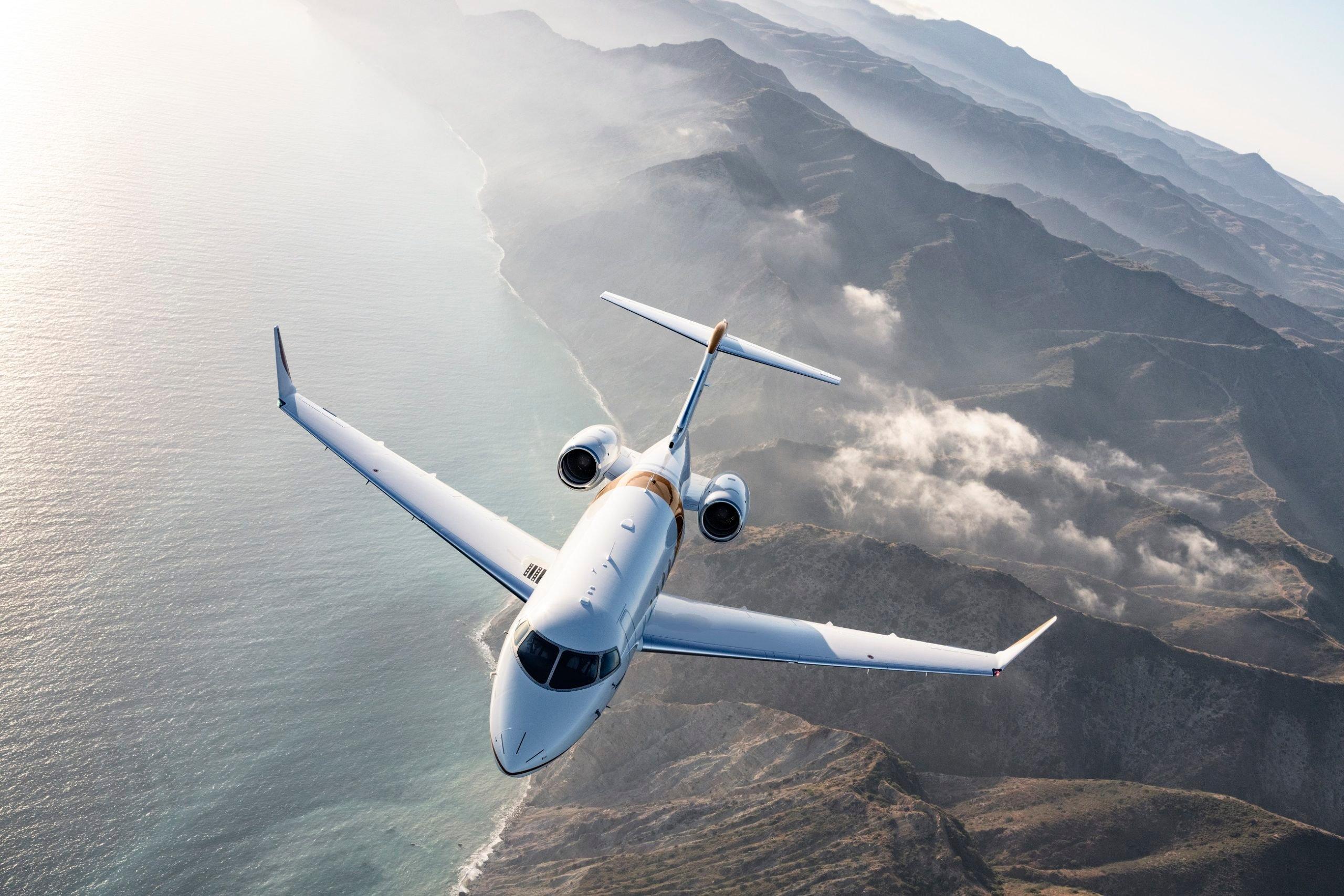
Demand for New Business Jets Expected to Grow 11% in 2025
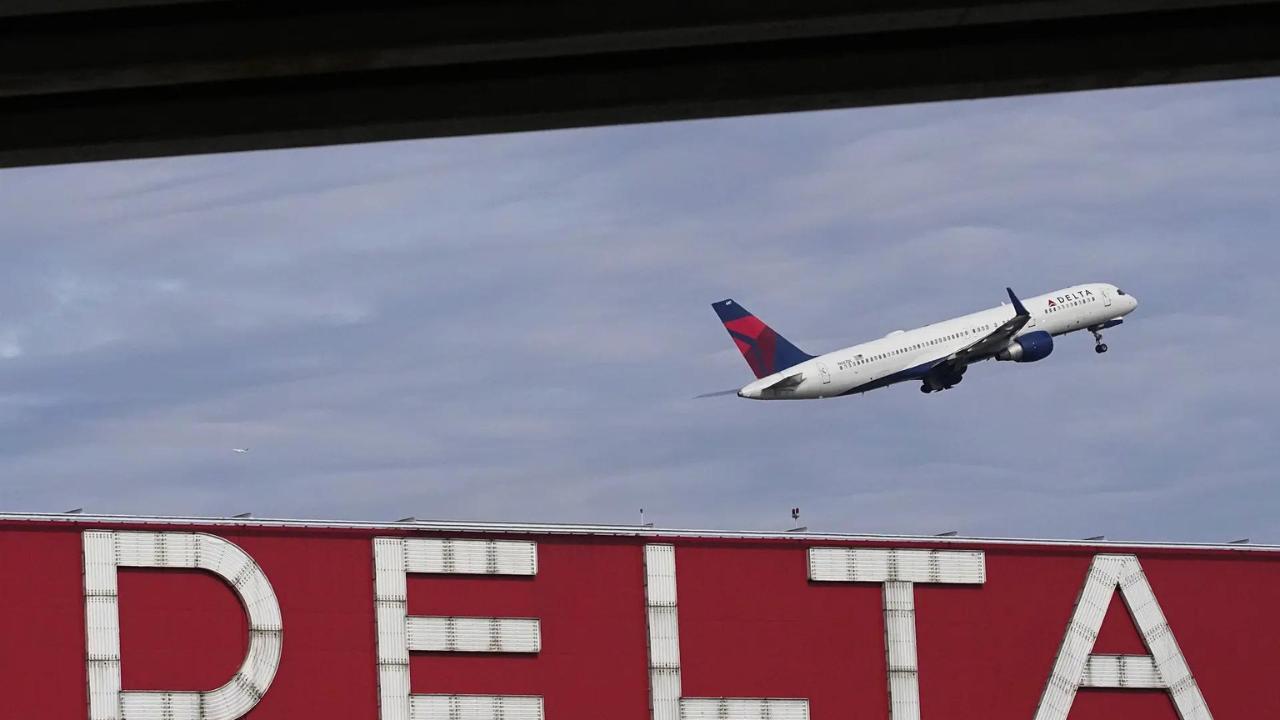
Delta Opposes Trump Administration’s Proposed Aircraft Tariffs
